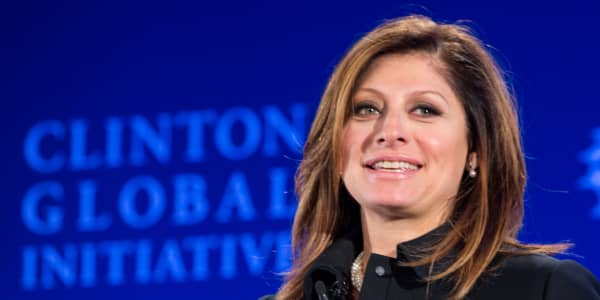How tough is it to reform education in the United States? Tougher than ridding the world of polio, according to Bill Gates.
During a lunch panel at the Clinton Global Initiative, Gates argued that private philanthropists should be taking more risks than governments or businesses.
Private money, he explained, can afford to fail in ways that corporate and public money cannot. So private philanthropy should aim at providing solutions for the most difficult to tackle problems.

(Read more: Why Jamie Dimon and Bill Gates have teamed up)
So it was only natural that The Economist's Matthew Bishop, who was moderating the panel, asked him to identify the riskiest project of the Bill & Melinda Gates Foundation.
Gates pointed to the foundation's investments in reforming American education. When it comes to combating diseases, it's only a matter of time and ingenuity, he said. But with education reform, it might all go to waste.
What makes education reform so risky? Basically, entrenched interests and long-formed habits. Gates wants to radically open up classrooms in a way that many teachers find threatening.
(Read more: Clinton Initiative is 'mobilizing for impact')
Here's how he put it in an interview with Fast Company:
The foundation's biggest investment, even bigger than what we're doing to enable technology, is in creating a personnel system for K-12 teachers that lets the average teacher move up to be as good as the top quartile. Instead of just being in isolation and getting no feedback, you can be videotaped, you can have a peer evaluator advise you on your performance. When we combine that with student surveys and principals' feedback, we can help teachers learn from the best.
It's quite understandable, really, that some teachers might see this as more than a bit creepy. Do you want to be videotaped at work?
But then again, most of us already work in plain sight of our colleagues and bosses. Classroom teachers, almost uniquely, do much of their work isolated from observation by adults. The classroom is largely invisible to parents, supervisors, and even other teachers. It's an island of isolation.
(Read more: What will Microsoft think of next? Maybe nothing)
It is startling, however, to hear Gates state so bluntly the power of teachers.
He is concerned that they may be able to thwart his plans. And Gates isn't someone who is used to being thwarted.





